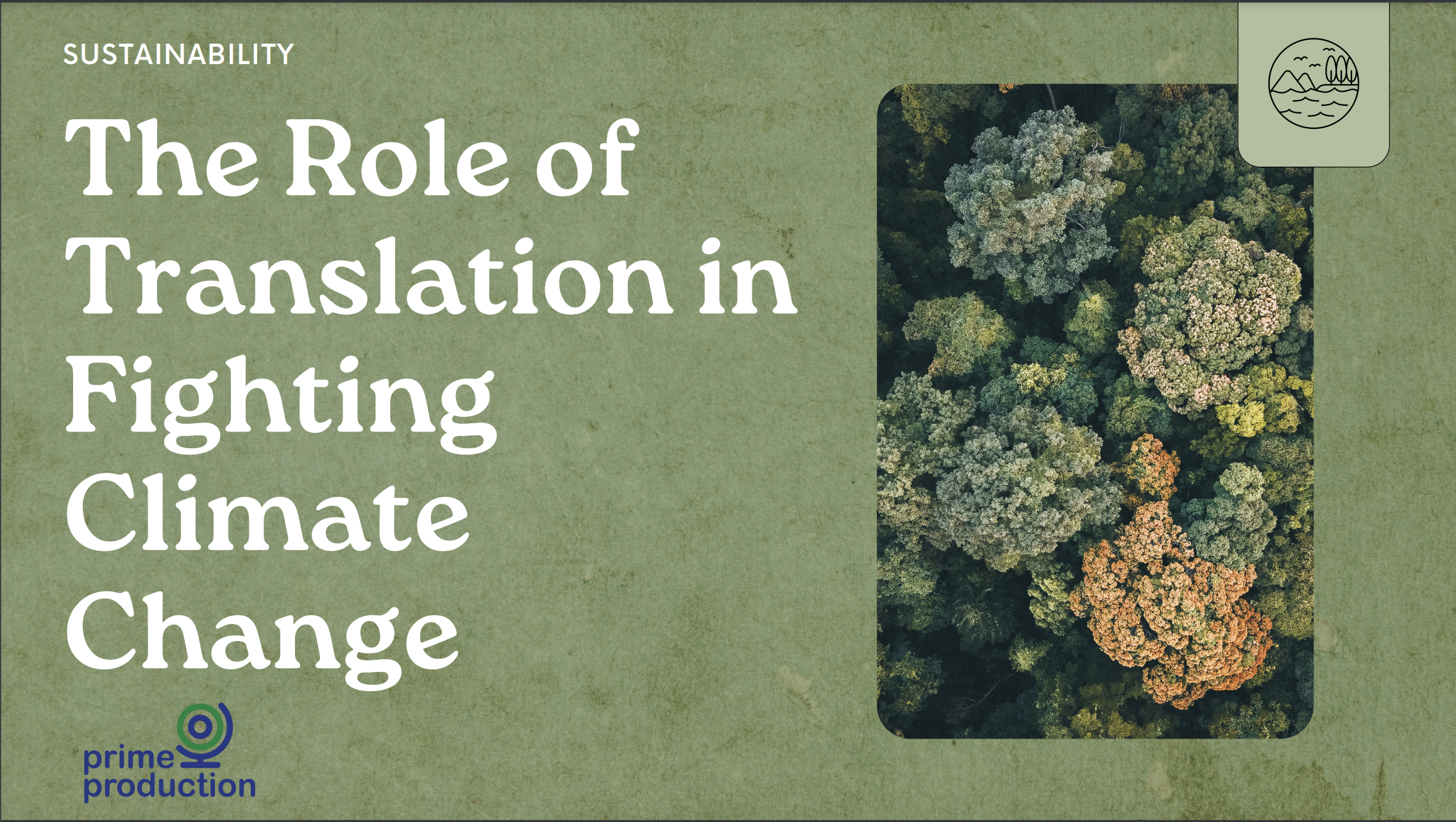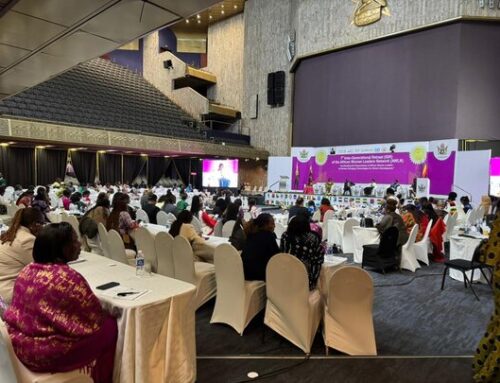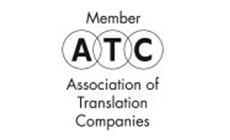Translation serves as the vital link connecting diverse communities, experts, and policymakers in the fight against climate change. It helps bridge the gap between different languages, cultures, and perspectives, fostering collaboration and amplifying the collective voice calling for urgent environmental action.
In the context of climate change, translation goes beyond linguistic conversion; it involves adapting scientific data, policy frameworks, and advocacy messages into languages and formats that resonate with diverse audiences. It plays a pivotal role in ensuring that vital information reaches all corners of the globe, regardless of linguistic barriers.
Breaking Down Language Barriers in Climate Communication
Effective climate communication requires reaching audiences in their native languages to convey the urgency and complexity of environmental challenges. Through translation, key messages on sustainability, conservation, and climate action can resonate with diverse communities worldwide, fostering greater engagement and awareness.
Adapting Complex Scientific Language for General Audiences
Translating climate science involves simplifying technical jargon and conveying scientific findings in a clear and engaging manner for non-experts. By breaking down complex concepts into digestible information, translation helps democratize knowledge and empower the public to take informed actions towards a sustainable future.
The Critical Role of Translation in Facilitating Diplomatic Discussions
Translation acts as a silent yet indispensable facilitator in international climate negotiations, ensuring that diverse voices are heard and understood in multilateral settings. By bridging linguistic gaps and enhancing communication clarity, translation enables productive dialogue and constructive collaboration towards sustainable environmental outcomes.
In the high-stakes arena of climate diplomacy, the accuracy and cultural sensitivity of translation are paramount to building trust and advancing meaningful agreements. By providing nuanced interpretations that respect diverse cultural norms and values, translators play a key role in shaping the outcomes of international climate negotiations.
Education is also a powerful tool in the fight against climate change. By creating multilingual resources, we can provide vital information on environmental issues to communities around the world.
Challenges and Opportunities in Climate-related Translation Work
Translating climate-related content comes with its own set of challenges, including navigating terminology variations and cultural nuances. Climate terminology may differ across languages, requiring translators to find accurate and culturally appropriate equivalents.
In conclusion, the role of translation in fighting climate change cannot be underestimated. By breaking down language barriers, conveying critical information, and uniting global efforts, translation serves as a powerful tool in advancing climate action. In a world where the language we speak can determine how we approach the challenges we face, the role of translation in combating climate change is more crucial than ever.













Leave A Comment